Relief starts here. Book an appointment with an ADHD and hormone specialist
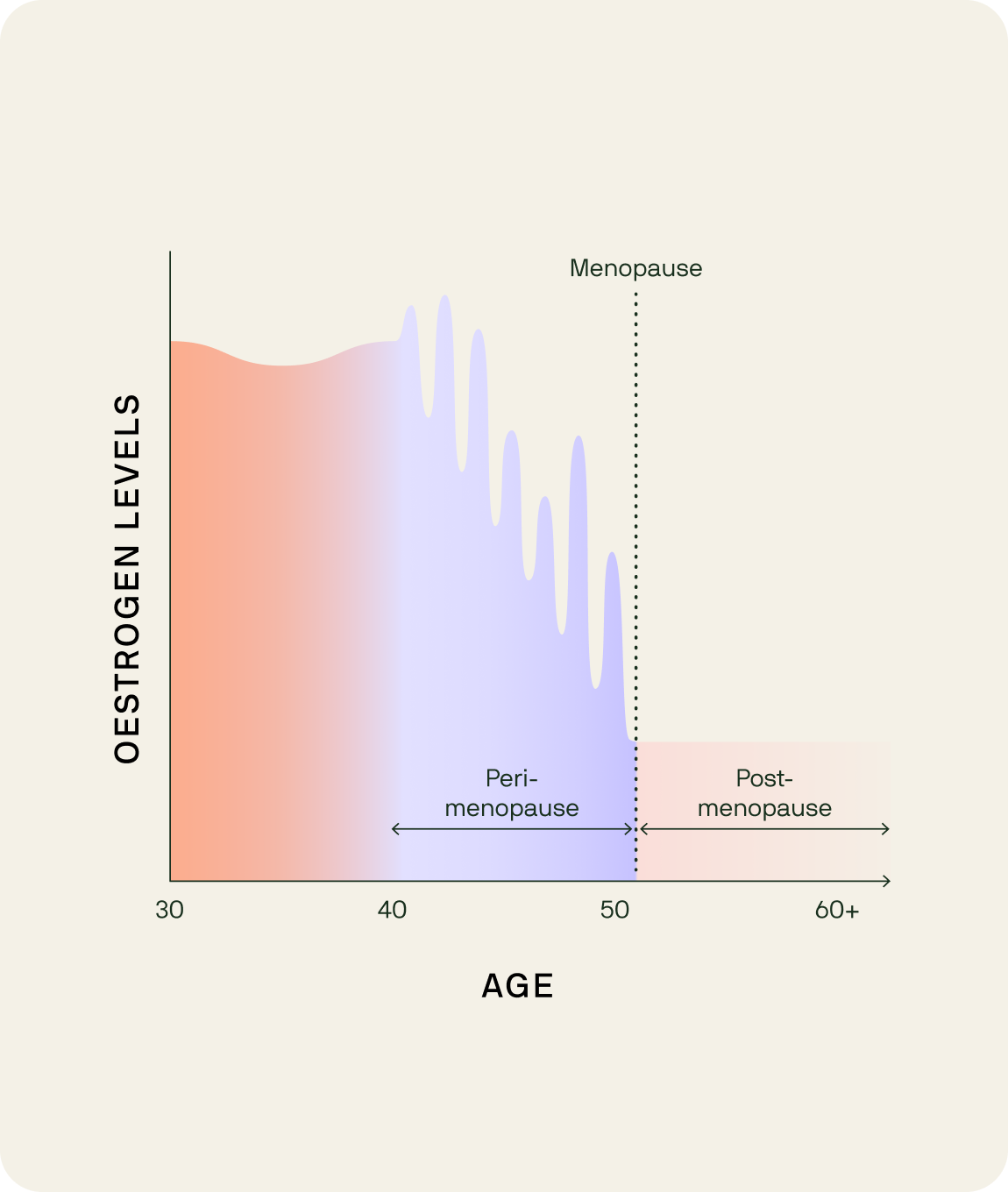
How ADHD and menopause interact
Hormonal changes during menopause worsen ADHD symptoms. Fluctuating oestrogen levels affect dopamine and other neurotransmitters, which are vital for focus, motivation, and emotional balance.
Why women need specialist care for ADHD & menopause
At Voy, you’ll be supported by doctors with additional training in both ADHD and menopause. Our approach includes:

45-minute first appointments and 30-minute follow-ups, giving you space to talk through your experience.
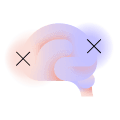
Clear explanations of how hormones and neurotransmitters interact, so you understand what’s happening in your brain.
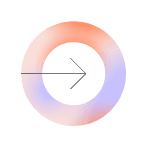
Treatment plans designed by experts in HRT and neurochemistry, ensuring you feel confident about your journey.
Up to 70% of women with ADHD report significant emotional dysregulation — irritability, anxiety, low mood.
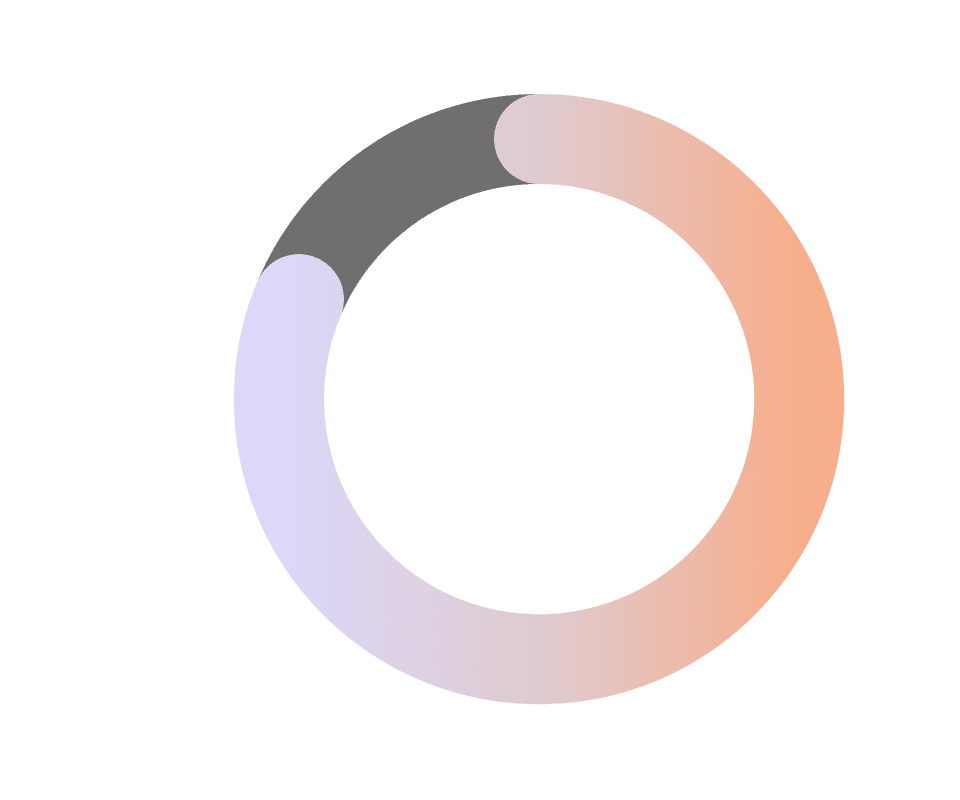
Women are almost twice as likely as men to reach adulthood without an ADHD diagnosis.
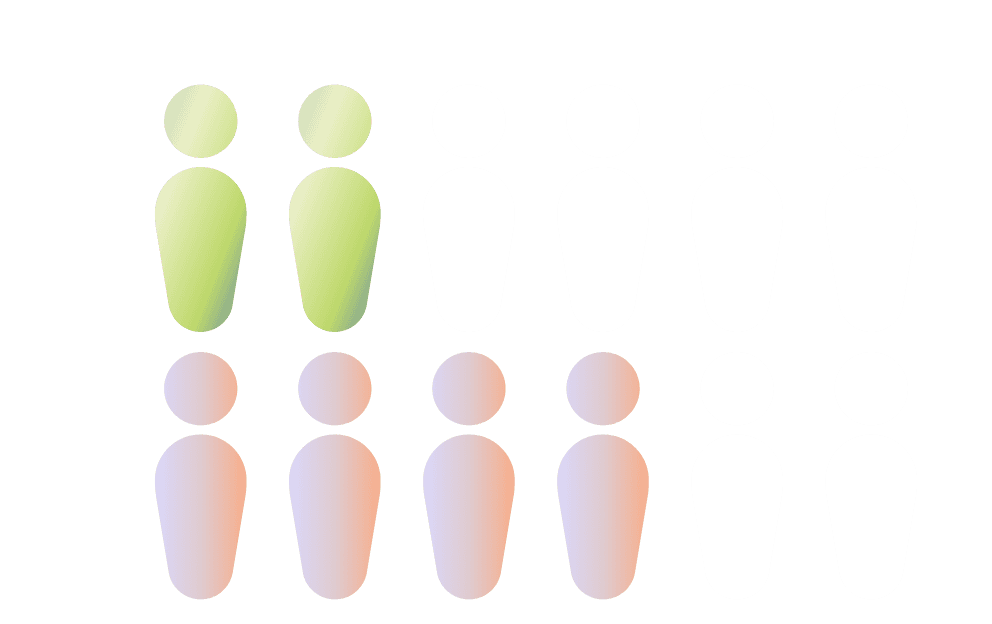
Symptoms of ADHD in women
ADHD in women is often under-diagnosed and misunderstood and the symptoms present differently from men. Examples of female-specific presentation:

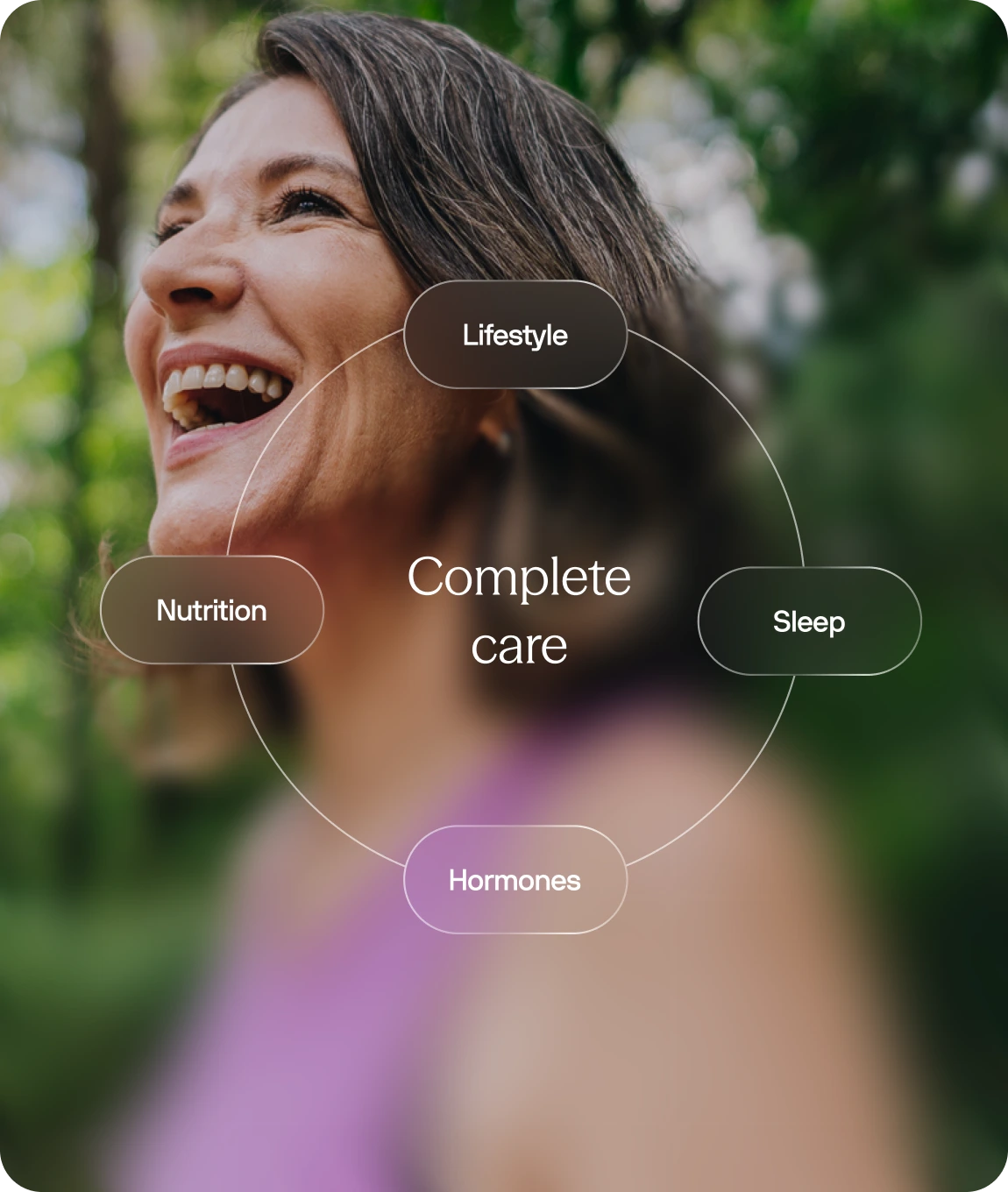
You don’t have to keep masking. There’s another way.
Traditional ADHD care has been built around male-pattern symptoms — hyperactivity, impulsivity, short attention spans. But we know women often show something different: mental restlessness, emotional overload, and exhaustion from holding it all together.
That’s why women need doctors who see the full picture, how hormones, mood, sleep, and daily life intertwine — and create care that fits you, not a checklist.
How Voy works
- 1
Start with an appointment £99
45 minutes with a doctor to discuss symptoms, hormone history, and emotional patterns.
- 2
Clinical assessment
Your clinician will explain how treatments like HRT support brain chemistry and ADHD-related symptoms.
- 3
Your personalised plan £89 p/m
You’ll co-create a personalised plan, HRT plus optional CBT, supplements, or nutrition support, plans include unlimited support including WhatApp & check-ins.
Treatment options for ADHD and menopause

"Voy does not diagnose ADHD, this requires a psychiatrist. However, we provide specialist care for women already diagnosed or managing ADHD symptoms through the menopause transition."
Book to speak with one of our specialists online.

“Every woman’s journey is unique. My approach combines advanced expertise with compassion, offering tailored support that helps women with ADHD navigate perimenopause and menopause with clarity, confidence, and renewed energy — so they can reclaim the best version of themselves.”

“Supporting women with ADHD and menopause is deeply personal to me. With a neurodiverse family and years of experience helping women through hormonal changes, I understand how uniquely challenging this combination can be. I offer tailored care using body-identical hormones where appropriate, alongside practical, well-informed lifestyle support.”
Learn
